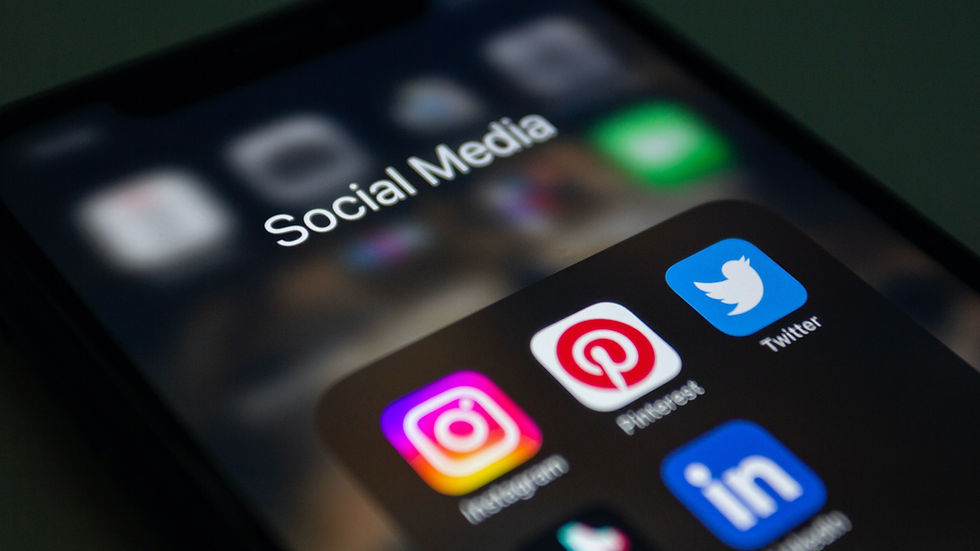Why Am I Always Tired?
- Larissa Kirby
- Feb 29, 2024
- 3 min read
The obvious answer is a lack of sleep, but if you find yourself reading this in the early hours of the morning or constantly stifling yawns, then maybe there is something more to it.
Feeling tired is a completely natural reaction to a long day, or over-exhaustion caused by work or exercise. But feeling tired constantly and consistently can become a hindrance. One of the main causes of fatigue this time of year is linked to Seasonal Affective Disorder (SAD). As the months get darker, we feel tired more often because there is less melatonin production released into our body.
The good news is there is an easy fix for this! First of all, be kind to yourself and understand that sleep is not a bad thing and if you need more, you simply need more and that is okay. Secondly, exposure to sunlight is essential for the body to produce more melatonin, so enjoying a simple little 15 minutes of sunlight everyday can have a huge impact on your energy levels. If you’re struggling to get out of bed, simply opening the curtains or a quick walk to the shops (or even that 9am lecture you keep missing) can work magic to wake you up and alleviate that tiredness and grogginess.
As well as SAD, diet plays a huge role in why you may always be feeling tired, foods with high sugar content cause our blood pressures and energy levels to spike, closely followed by an even sharper drop. Any fried or processed foods with added sugar can have this effect on the body. If you’re looking for an easy alternative, magnesium-rich foods are highly recommended to increase the production of melatonin for a better night’s sleep and maintain energy levels throughout the day. Food such as: avocado, wheat, spinach, and best of all, dark chocolate, are all high in magnesium amongst others. As well as this carbs are a girl's best friend, as they slowly release energy throughout the day which will keep us feeling more awake for longer.
We are all guilty of “resting our eyes” every now and then to get us through the day, but naps can wreck the most havoc to our sleep schedules and make us feel even more tired. If you have experienced grogginess after a nap that feels so essential, try limiting your naps to 20 minutes. While this may not seem like a lot, this is the optimal amount of time to feel refreshed without it interfering with our circadian rhythms.
Now not to sound like your mother, but another reason we find ourselves tired and unable to sleep is because of the blue-light emitted by screens. If you have found your screen time is increasing and you’re a borderline “screenager”, you might find that that is the reason you need an extra shot of espresso in the morning. Aside from putting your phone away earlier, you can also adjust your exposure settings to emit warmer light or buy blue light glasses which filter blue light out, both work to reduce how harmful this can be to your sleep schedule.
Finally, increased stress on the body can make us feel more tired. When stressed, our cortisol levels rise, when the stressor is alleviated these levels along with other hormone levels drop which can lead to exhaustion. Sleep is also a natural reaction in the body to shock, grief and trauma as it shuts down to recover. If you are experiencing more stress than usual, feeling tired is completely normal and nothing to worry about. If you are unable to reduce the stressing factor, have some patience with yourself and consider consulting a healthcare professional.
Edited by Larissa Hurt



Comments